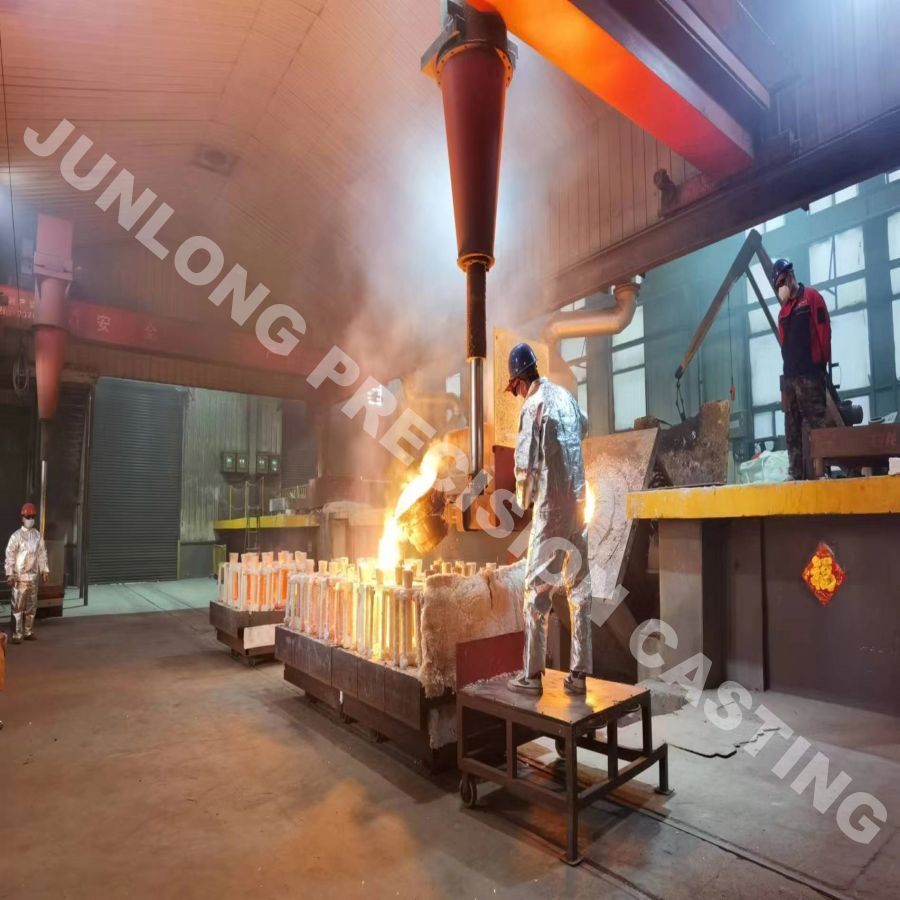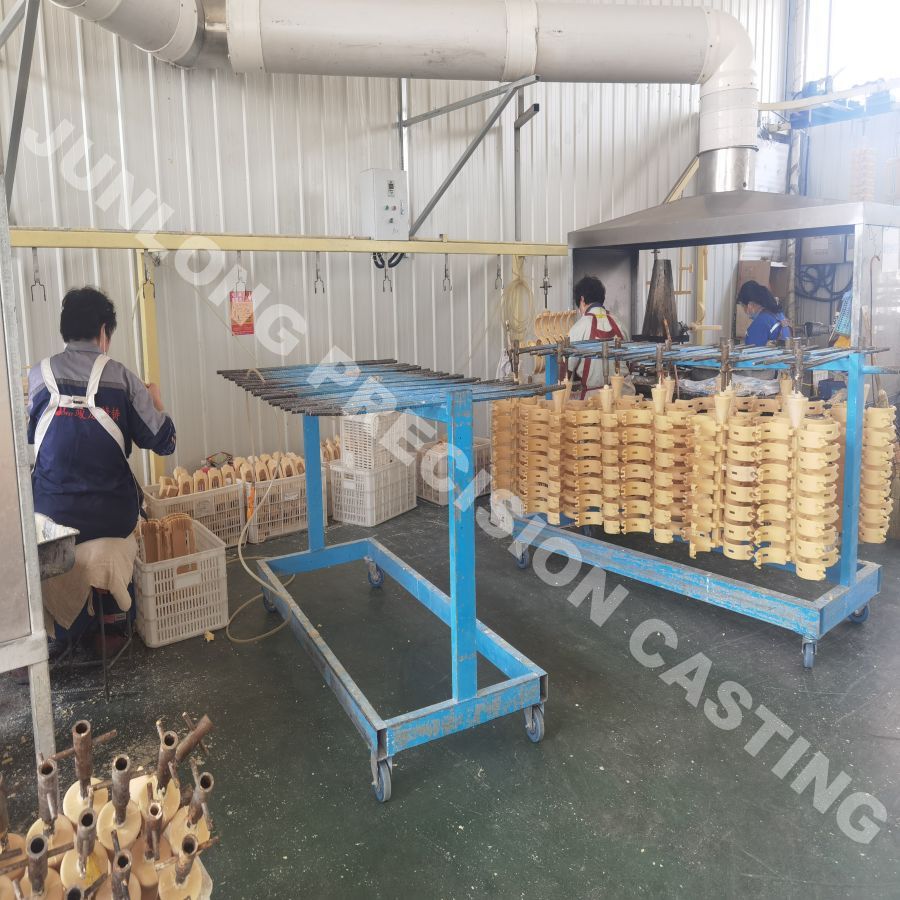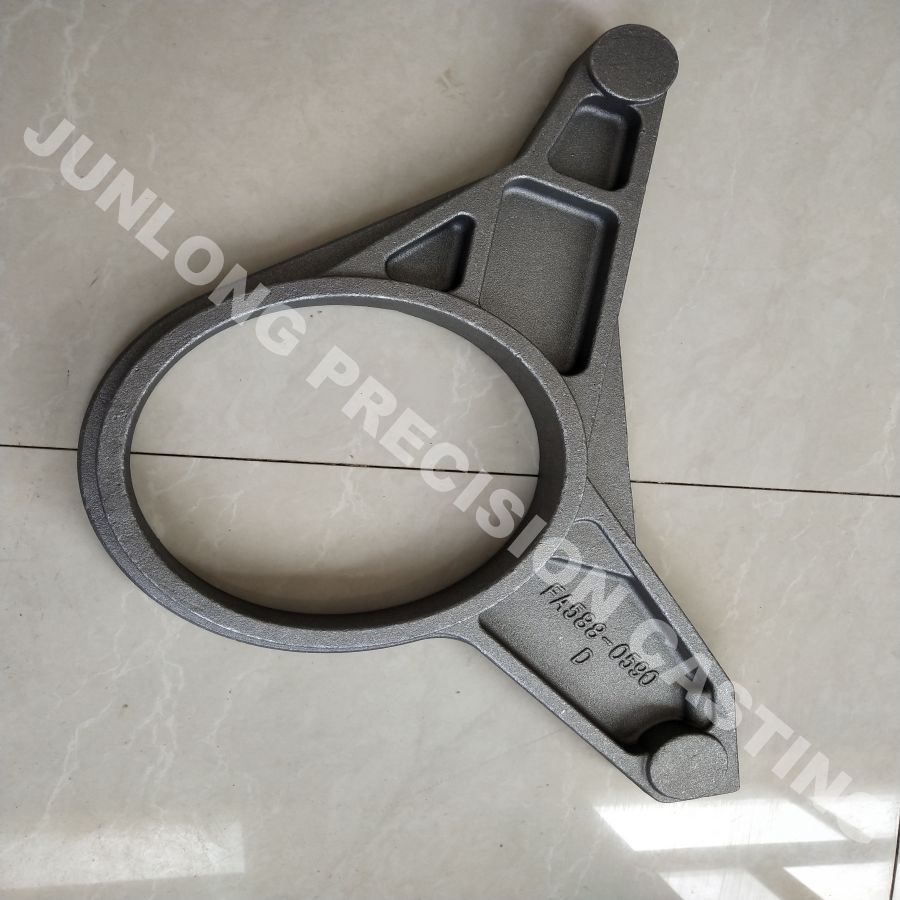Five advantages of precision casting

Five advantages of precision casting
Precision casting, also known as investment casting, is a casting technology that aims to obtain precise dimensions and clear details. This technology can produce metal parts with complex shapes, clear Outlines and precise dimensions, which are widely used in aviation, automotive, medical, high-tech and other industries. This article will delve into the five advantages of precision casting to help you better understand this efficient and high-quality casting method.

1. High design flexibility
One of the advantages of precision casting is its high degree of design flexibility. This casting method can produce metal parts with complex forms and fine structures, including but not limited to fine parts, complex internal channels and fine surface textures. Designers can design in the initial stage without too much consideration of production constraints, so that creativity and functionality are fully displayed. For example, aerospace devices and high-performance automotive parts often utilize precision casting to achieve their complex geometric designs to achieve the desired performance and durability requirements.
2. High material utilization rate
Compared to other casting techniques, such as sand casting or forging, precision casting has a higher material utilization rate. In precision casting, the wax mold is made with such precision that it accurately reflects the shape of the final product, so that almost every drop of metal is used to form useful parts during the pouring process, and a small amount of metal is wasted. This efficient use of materials not only reduces the need for raw materials, but also saves processing time and costs by reducing machining steps.
3. Reduce the need for subsequent processing
Because precision casting can achieve highly accurate dimensions and complex details during the casting process, in most cases the castings produced can be used directly or require only a small amount of subsequent processing. This greatly reduces processing time and processing costs throughout the production process. For those parts that are designed with a fine internal structure, or are difficult to achieve through machining methods, precision casting provides an effective solution.
4. Improve mechanical properties
Precision casting not only provides the design possibility of complex shapes, but also improves the mechanical properties of parts through the casting process. Through proper heat treatment and alloy design, the cast parts can achieve excellent strength, toughness and corrosion resistance. In addition, precision casting can create a uniform microstructure in the casting, which is very critical to improve the performance of the material.
5. Can cast a variety of materials
Another advantage of precision casting is its material adaptability. This technology can use a variety of alloy materials, including carbon steel, stainless steel, superalloys, aluminum alloys, copper alloys, etc., to meet the specific performance requirements of different industries and applications. Whether it is the aviation sector, which requires lightweight materials, or the energy industry, which requires high strength and high temperature resistant materials, precision casting can provide the right solution.
The reason why precision casting technology can be widely used in various industries is that it combines many advantages such as high quality, high precision, strong design flexibility and good cost effectiveness. This allows precision casting not only to meet existing manufacturing needs, but also to constantly adapt and promote the development of future manufacturing technologies. Whether in the early stages of new product development, or in the process of seeking to improve the performance of existing products, precision casting is an important technology choice that cannot be ignored
